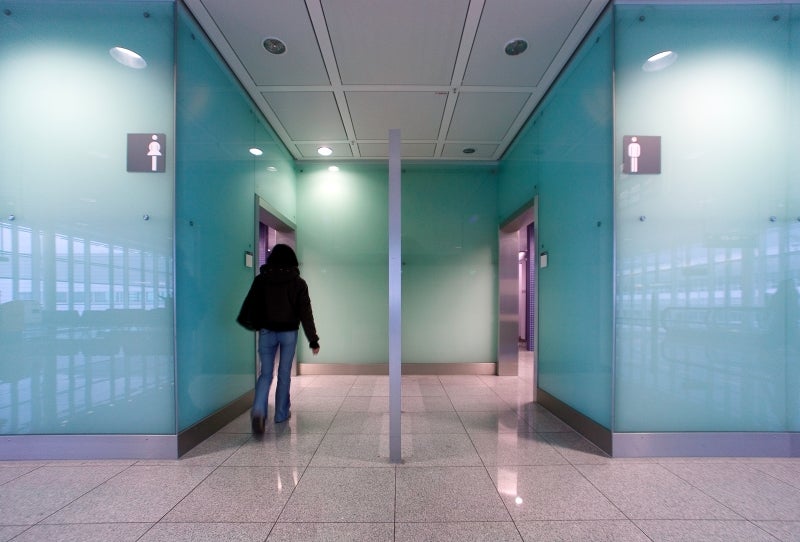Struggling with Bladder Leaks or Constant Urges to Go? You’re Not Alone.
July 10, 2025
If you find yourself rushing to the bathroom too often or experiencing leaks when you laugh, cough or sneeze, you’re not alone. Urinary incontinence is a common issue that many women face, especially as they get older.
The good news? Many reasons exist for this happening and just as many ways to manage it.
Common Causes of Urinary Incontinence in Women
Pregnancy & Childbirth:
Pressure from the uterus during pregnancy can temporarily affect bladder control. After delivery, weakened or stretched pelvic muscles may lead to ongoing incontinence.
Menopause:
Hormonal changes can affect bladder and urethral function, making incontinence more likely.
Medications:
Certain medications like diuretics, sedatives or antidepressants, can interfere with bladder control.
Health Conditions:
Neurological disorders like multiple sclerosis and stroke, spinal injuries, diabetes and pelvic floor problems can all cause bladder issues.
Urinary Tract Infections (UTIs):
UTIs can irritate the bladder, leading to temporary incontinence. Post-menopausal women may experience more frequent infections.
Constipation:
Straining during bowel movements can stress nerves that influence bladder control.
Lifestyle Factors:
Caffeine, alcohol and excess weight can all increase your risk. A healthy diet and active lifestyle play a significant role in prevention.
Genetics:
If incontinence runs in your family, your chances of developing it may be higher.
Types of Urinary Incontinence
Stress Incontinence:
Leakage caused by physical pressure—like coughing, laughing or lifting heavy objects.
Urge Incontinence (Overactive Bladder):
A sudden, strong need to urinate, even if your bladder isn't full. It may lead to accidents before reaching a restroom.
Mixed Incontinence:
A combination of both stress and urge incontinence symptoms.
What You Can Do: Managing & Treating Incontinence
Start with Prevention:
- Do pelvic floor (Kegel) exercises regularly.
- Limit caffeine and alcohol intake.
- Maintain a healthy weight.
- Eat a fiber-rich diet to avoid constipation.
- Make sure to fully empty your bladder before physical activity.
Wear Protective Products:
Leak-proof underwear or pads can give you confidence and help you stay active.
Explore Medication Options:
Talk to your doctor about medications that may help reduce bladder spasms or improve control.
Consider Physical Therapy:
A pelvic health physical therapist can assess your muscle strength and tailor a plan to help restore control. If you have tried other treatments without finding relief, more advanced options might be your next step.
"Whether you're dealing with urgency, frequency or leaks with activity, there are advanced treatments that can help,” said Dr. James Ross, a urogynecologist with Trinity Health IHA Medical Group. “From Botox and nerve stimulation for overactive bladder, to minimally invasive procedures for stress incontinence. We have highly effective options that can restore your confidence and quality of life. You don’t have to live with this. There’s real hope."
Our Caring Urogynecology Experts Can Help
Discussing urinary incontinence isn’t easy, but it’s a common issue and you don’t have to live with it in silence. Whether you’ve been diagnosed with incontinence or you’re experiencing symptoms, help is available. Schedule a consultation or appointment with a urogynecologist near you.
This blog was reviewed by a Trinity Health medical provider.




